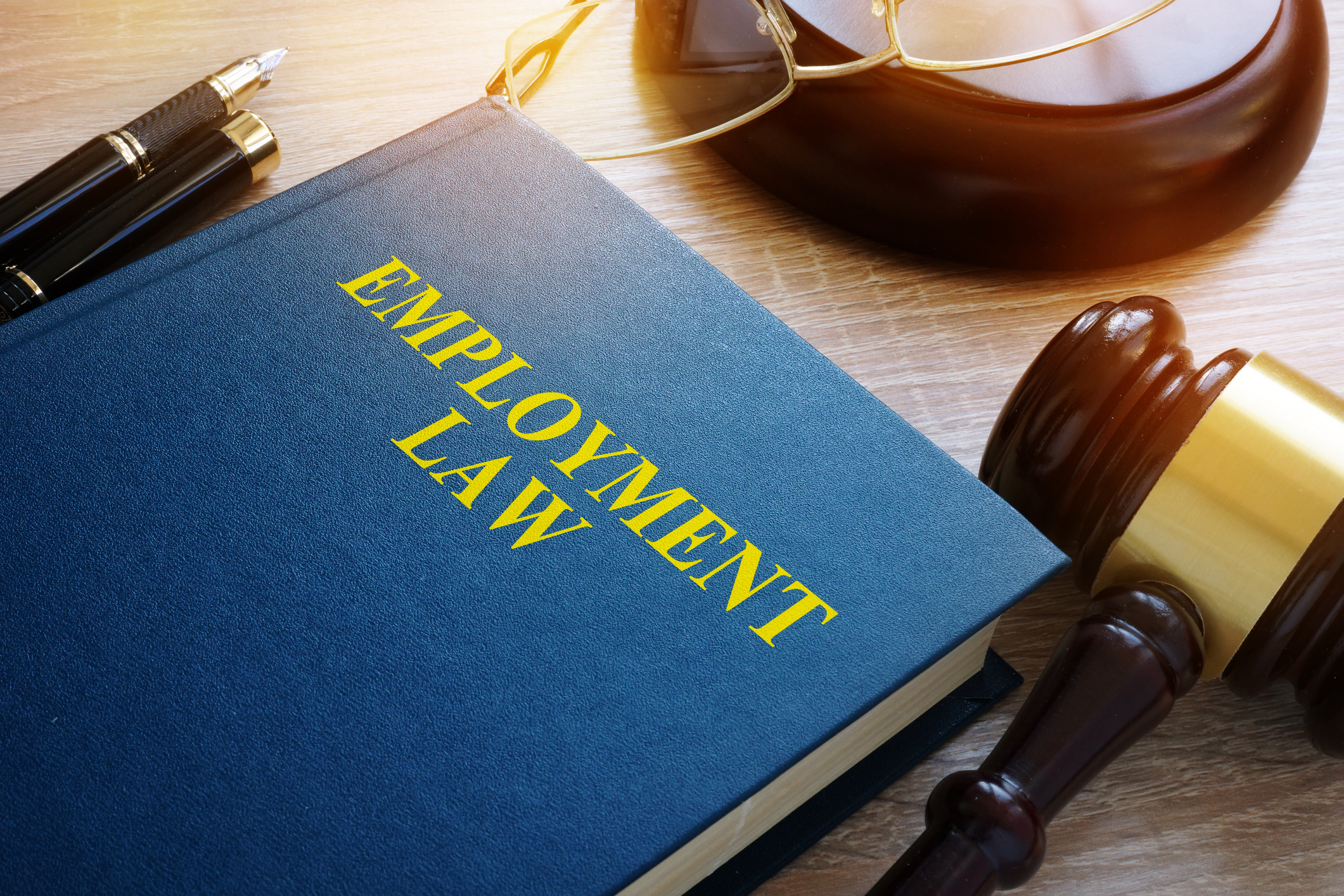Ninth Circuit Rules in Favor of Employers in FCRA and ADA Cases

By: Lewis Brisbois' Labor & Employment Team
The Ninth Circuit recently issued two important opinions favorable to employers – one clarifying the manner in which an employer must provide a Fair Credit Reporting Act (FCRA) disclosure, and another opening the door for the use of “after-acquired evidence” to bar liability in employment cases involving the Americans with Disabilities Act (ADA).
Luna v. Hansen and Adkins Auto Transport, Inc.
In Luna v. Hansen and Adkins Auto Transport, Inc., No. 18-55804, 2020 U.S. App. LEXIS 13215 (9th Cir. Apr. 24, 2020), the U.S. Court of Appeals for the Ninth Circuit held that employers do not violate the FCRA by providing a FCRA disclosure simultaneously with other employment materials, and by failing to place a FCRA authorization on a standalone document.
FCRA forbids employers to obtain a consumer report on a prospective employee, unless the employer makes a clear and conspicuous disclosure to the prospective employee in a document that consists solely of the disclosure. In this case, Luna’s employer placed the disclosure on a standalone document notifying him that it would obtain a background report. The disclosure met the “clear and conspicuous” standard, as it was in a “reasonably understandable form” and it was “readily noticeable” to the employee. However, the employer provided the disclosure to Luna in an application packet at the same time as it provided other documents. So, Luna brought a class-action claiming FCRA violations.
The court found that the employer did not violate FCRA by providing the standalone disclosure with other materials. It further held that the authorization that provided for the employer to investigate Luna’s record of previous employment, which was included on an application form (and not on a standalone document), did not violate FCRA.
Anthony v. Trax International Corp.
In Anthony v. Trax Int’l Corp., No. 18-15662, 2020 U.S. App. LEXIS 12299 (9th Cir. Apr. 17, 2020), the court affirmed summary judgment for the employer in an ADA case because it held that the ADA only applied to “qualified individuals,” and the employee in this case was not a qualified individual. Therefore, the employer was not obligated to engage in the interactive process, as the employee did not satisfy the prerequisites for the position.
To determine if an employee is a qualified individual, a court examines (1) whether the individual satisfies the requisite skill, experience, education, and other job-related requirements of the employment position that the individual holds or desires, and (2) whether the individual is able to perform the essential functions of the position, with or without reasonable accommodation.
Here, the employee brought an ADA disability action, alleging that her employer terminated her from her position as a technical writer because of her disability (an anxiety disorder). After the employee filed suit, the employer learned that contrary to her representation on her employment application, the employee lacked the bachelor's degree required of all technical writers under the employer's government contract with the U.S. Army. Pursuant to U.S. Supreme Court precedent, employers typically cannot use such “after-acquired evidence” to bar liability, but instead only to reduce recoverable damages for lost wages.
The Ninth Circuit distinguished the Supreme Court precedent from the case before it by reasoning that the after-acquired evidence in Anthony precluded a finding that the employee was a “qualified individual” who was entitled to ADA protections, and thus negated the employee’s prima facie case for discrimination. For a more detailed discussion of this case, see our alert from April 22, “After-Acquired Evidence Can Bar Liability Entirely in ADA Cases.”
For more information on these cases, contact the author of this post. You can also subscribe to this blog to receive notifications when new posts go up.
